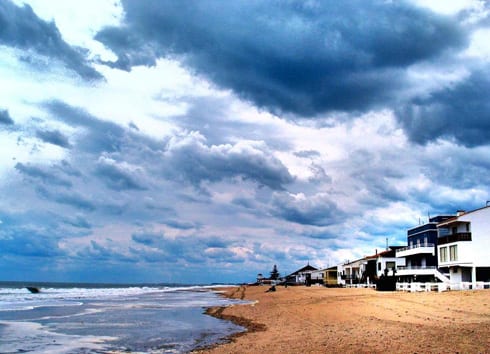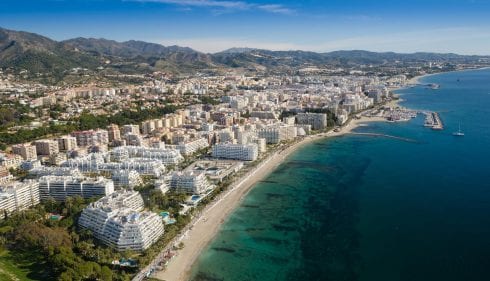NEW regulations remove risk of demolition for 40,000 properties for a lifetime and let those who own homes and businesses close to the coast legally sell, pass them on as inheritance, and even apply for a mortgage.
There’s been some very good news this month for those people who own a property within 100 metres of Spain’s coastline, both on the peninsula and the Balearic and Canary islands. On October 10, the Cabinet approved the General Regulation of the Coastal Act that regulates the legal status of the estimated 40,000 properties nationwide in the maritime-terrestrial public domain (or DPMT, as it is known in Spanish).
According to Isabel García Tejerina, the Minister of Agriculture, Food and the Environment, the regulations put an end to the “legal uncertainty” affecting thousands of businesses and homeowners, including many expatriates. Around 90% of the properties in the DPMT had not been granted a concession to avoid demolition to date, meaning they were at risk of being torn down after 2018.
The new regulations allow concessions for those who own homes in the public domain to be extended for an additional 75 years from 2018, meaning almost everyone who lives in the affected properties should now be safe from the threat of demolition for a lifetime. Hotels, bars, and other businesses will be given an extension of 50 years, while the country’s 3,000 chiringuitos will get 30 years. The Ministry expects more than 500,000 people to benefit.
Spain’s constitution considers all the country’s beaches, inland and territorial waters, and its maritime-terrestrial zone (meaning any land that can be covered by water, including that reached by the waves during storms, wetlands, floodplains, and riverbanks) to be part of the DPMT.
Two laws – the 1998 Coastal Act (Ley de Costas) and the Protection and Sustainable Use of the Coastline Act, from May 2013, which sought to modify certain aspects of the Coastal Law – are in place to protect the environment and promote sustainable development along the country’s nearly 7,000 kilometres of coast, but the new regulations finally allow the 2013 law to take effect.
They will ensure no new construction can take place in areas affected by the sea and prohibit any extension work to existing buildings. This aims to bring an end to flagrant cases of abuse and lets the government intervene to suspend licenses issued by town councils that impact on the coastline.
While beachfront homes, hotels, and bars cannot be extended, improvements can be carried out with the appropriate license and property owners will be able to legally sell, bequeathe, and even mortgage their homes. They will, however, have to pay a supplementary tax to maintain the concessions, equivalent to 6% of the cadastral value.
It is good news for buyers and sellers alike, with certainty, at long last, regarding the consequences of purchasing or selling a beachfront property.









